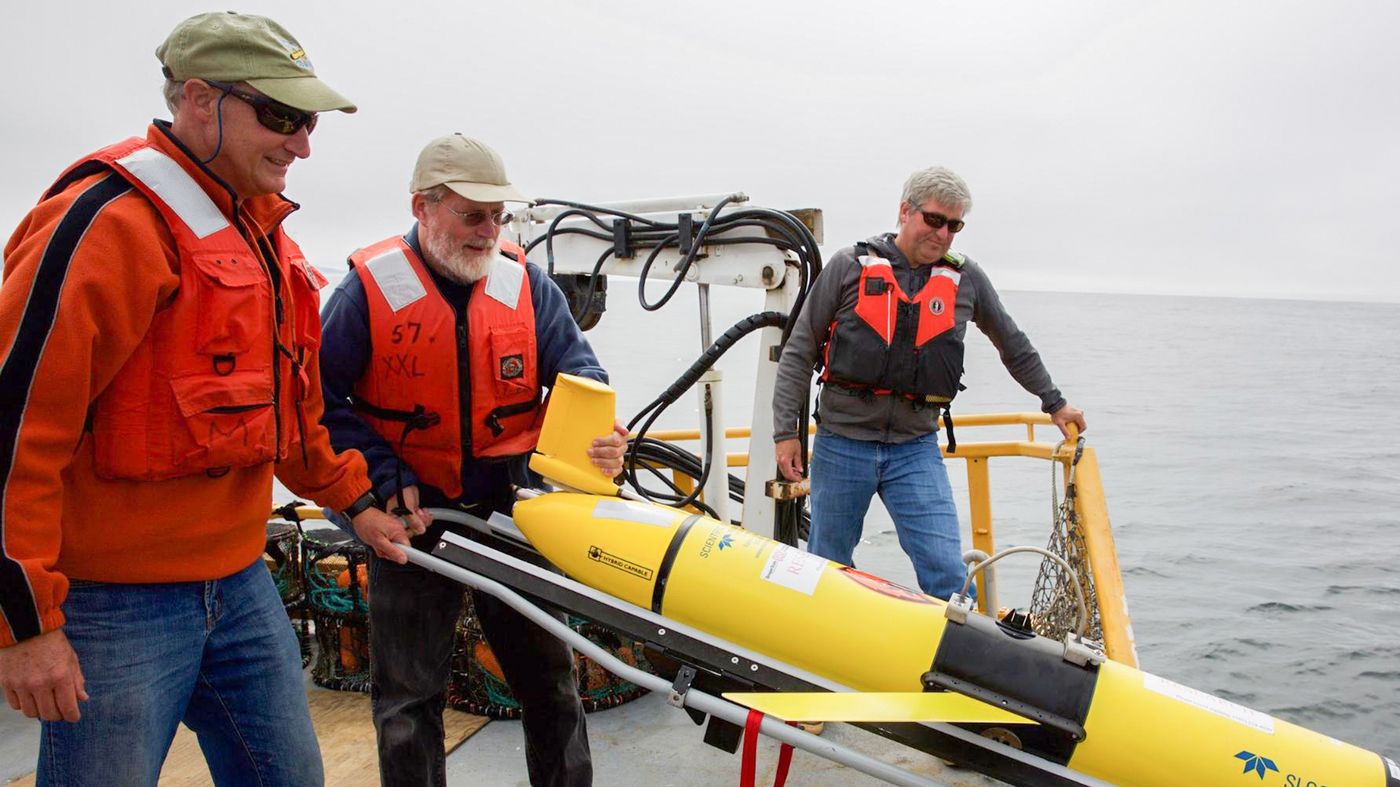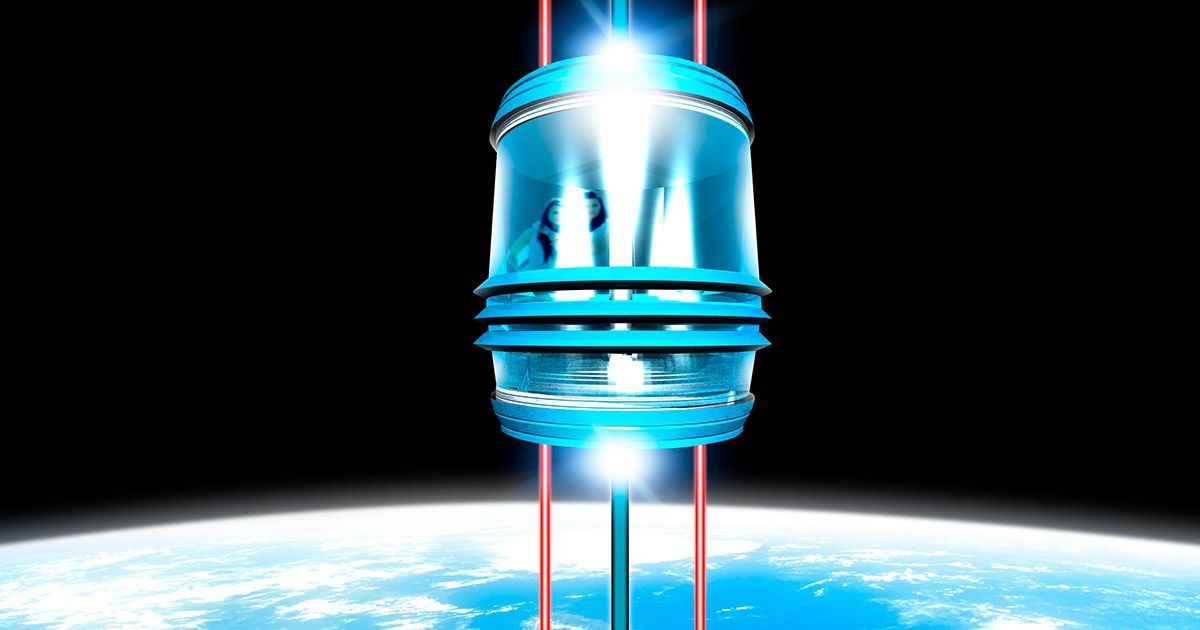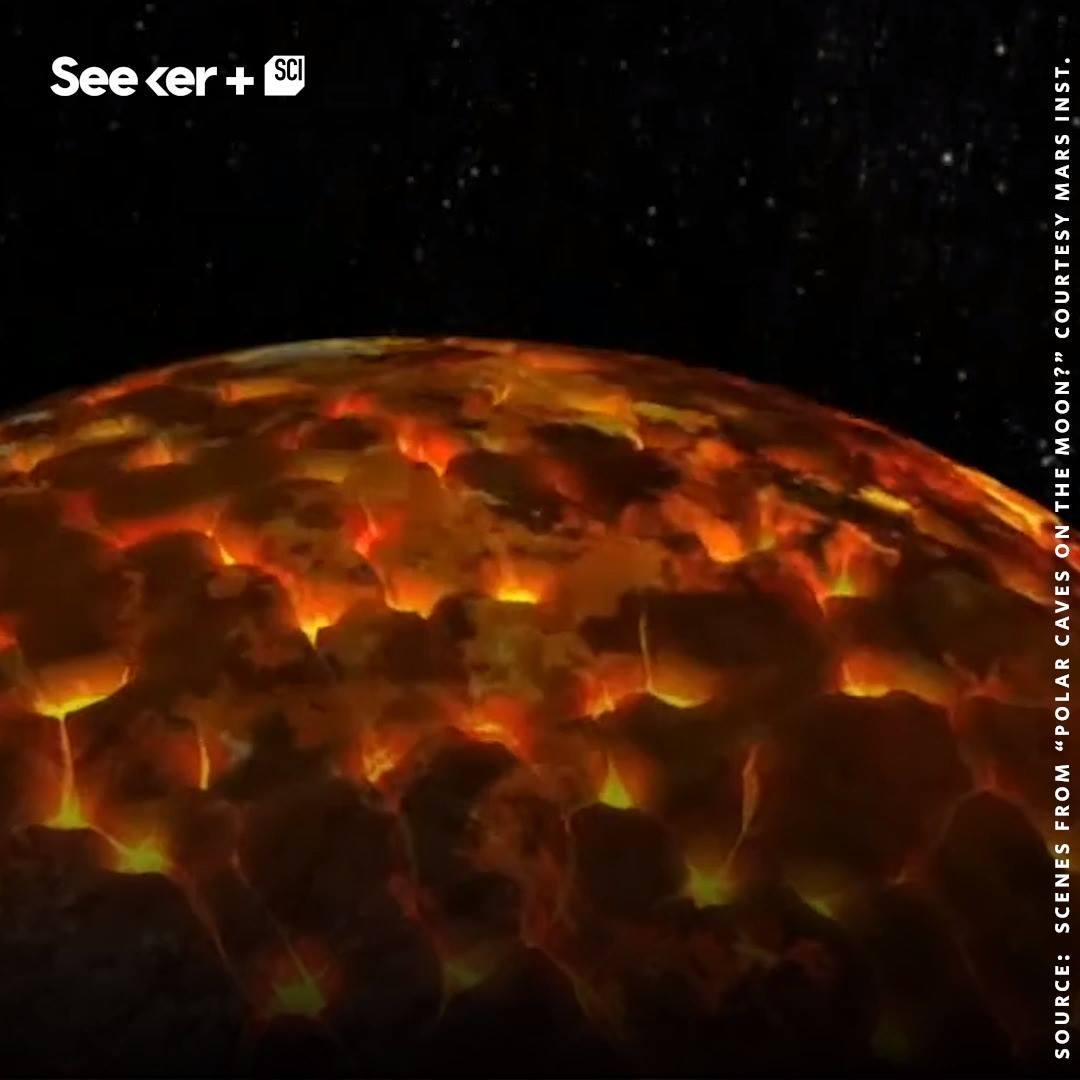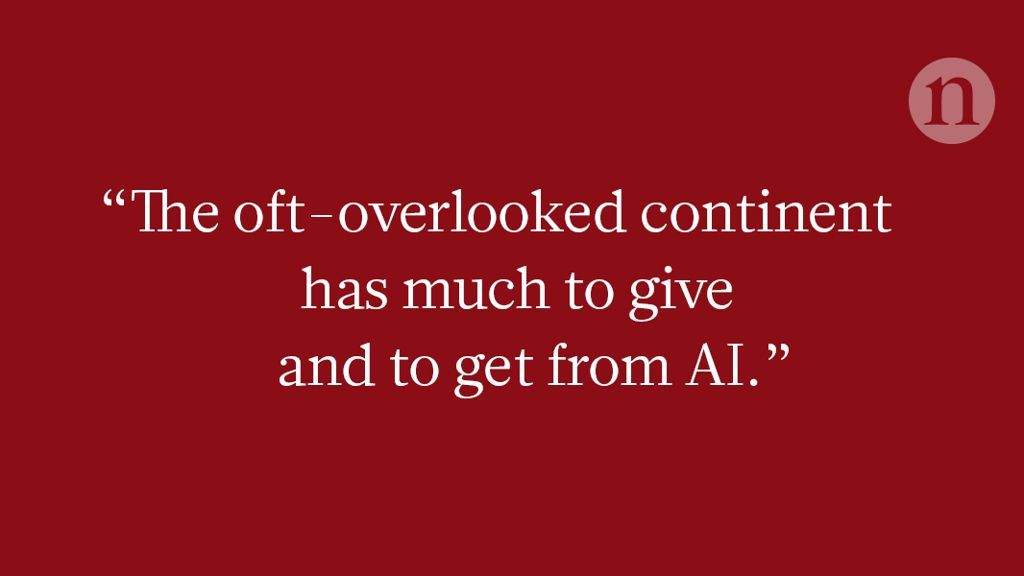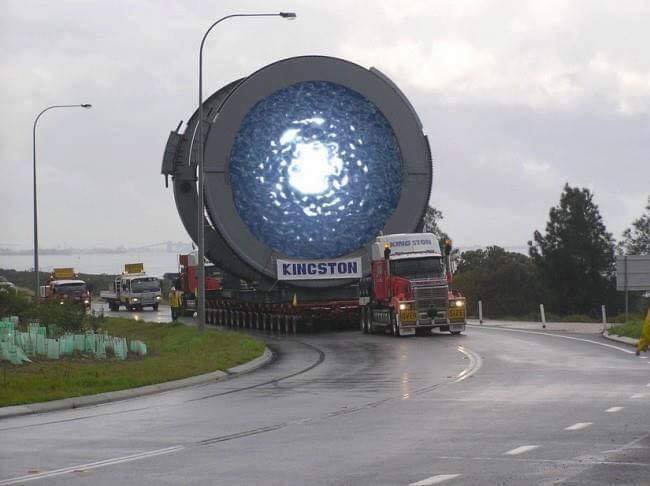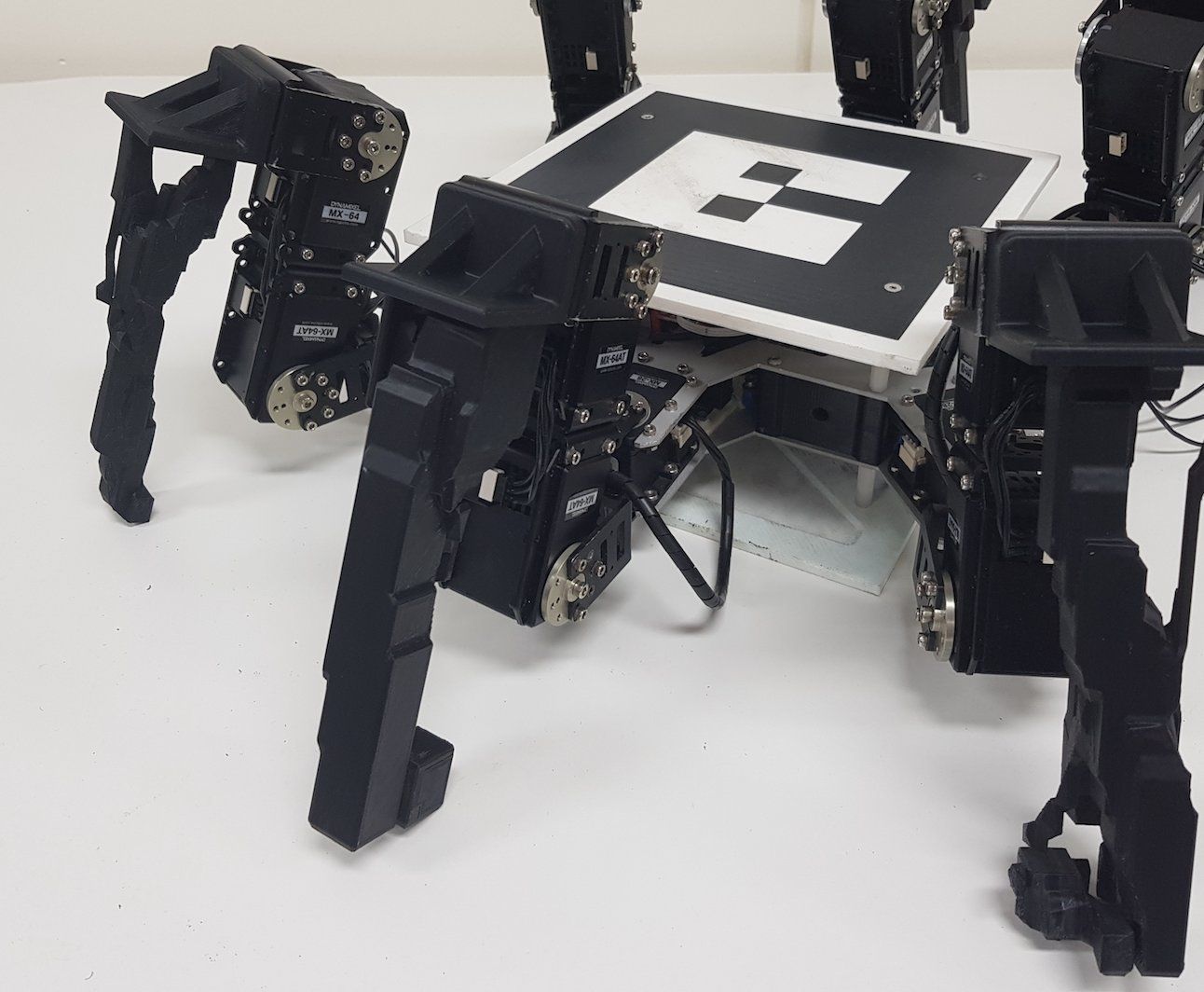Page 9741
Oct 28, 2018
There Are More Tiger Types Than We Thought, New Genetic Analysis Reveals
Posted by Genevieve Klien in categories: biotech/medical, genetics
Tigers seem pretty straightforward: stripes, sharp claws, awe-inspiring grace wielded by hundreds of pounds of rippling muscle, fondness of sugary cereal, etc. But new research on the big cats’ DNA is the latest indication that underneath that striking orange and black pelage, not all tigers are the same. Scientists are now reporting that tigers are broken up into six distinct subspecies spread out across Asia.
In endangered species like tigers, pegging down the exact number of subspecies can be pretty important for conservation purposes. Being mindful of how the species is naturally divided up in the wild—and how populations may be evolving independently of one another—can allow conservationists to more effectively manage populations as cohesive units. Global tiger conservation has struggled with this since there’s been plenty of disagreement on how many subspecies even exist.
Oct 28, 2018
Scientists Say New Material Could Hold up an Actual Space Elevator
Posted by Michael Lance in categories: materials, space
Oct 28, 2018
Ice-Filled Lava Tubes On The Moon Could Aid Astronauts
Posted by Michael Lance in category: space
Oct 28, 2018
Look to Africa to advance artificial intelligence
Posted by Derick Lee in categories: education, information science, robotics/AI
That will require widening of the locations where AI is done. The vast majority of experts are in North America, Europe and Asia. Africa, in particular, is barely represented. Such lack of diversity can entrench unintended algorithmic biases and build discrimination into AI products. And that’s not the only gap: fewer African AI researchers and engineers means fewer opportunities to use AI to improve the lives of Africans. The research community is also missing out on talented individuals simply because they have not received the right education.
If AI is to improve lives and reduce inequalities, we must build expertise beyond the present-day centres of innovation, says Moustapha Cisse.
Oct 27, 2018
‘Once in a lifetime’ video captures moment a meteor explodes in the night sky above a castle
Posted by Alberto Lao in category: futurism
But halfway through the shoot, Nick saw the meteor fly across the sky behind the castle.
He said: “I immediately thought, ‘I hope that was caught in the frame’. It’s very unusual to see a meteor that big. Because I was shooting the star trail, I couldn’t check the footage immediately.”
When he got home and reviewed his pictures, he realised he had caught the moment.
Oct 27, 2018
Massive Sinkhole Leaks Radioactive Water Into Florida’s Aquifer
Posted by Mary Jain in category: futurism
A massive sinkhole recently collapsed nearby Mulberry, Florida, draining approximately 215 million gallons of radioactive and contaminated water into Florida’s aquifer. The sinkhole was located directly below a wastewater storage pond used by Mosaic, the largest phosphate fertilizer producer in the world.
There is local outcry that the event in fact took place three weeks before the local community was notified, despite the fact that this is Florida’s largest and primary aquifer for potable water. The fertilizer company is currently working on pumping out the contaminated water and believes the wastewater is slow moving in the aquifer and has yet to reach public households. Mosaic’s phosphate fertilizer plant was storing its “gypsum stack” containing sulfate, gypsum, sodium and radioactive phosphogypsum in a pond nearby the plant.
Florida is known for sinkholes, this one however was larger than normal at 45 feet in diameter. The ground collapsed down to the aquifer below, a source of fresh water for most of Florida. Mosaic diverted the wastewater pond but not until 215 million gallons were lost down the sinkhole.
Continue reading “Massive Sinkhole Leaks Radioactive Water Into Florida’s Aquifer” »
Oct 27, 2018
Now available through Amazon„ your very own STARGATE…😮
Posted by Mary Jain in category: futurism
Now available through Amazon„ your very own STARGATE … 😮
P.s… I think Amazon Prime is gonna get their ass handed to them on this one … 😏.
Oct 27, 2018
Evolving the physical structure of robots to enhance performance in different environments
Posted by Saúl Morales Rodriguéz in categories: 3D printing, information science, robotics/AI
Researchers at CSIRO & Queensland University of Technology have recently carried out a study aimed at automatically evolving the physical structure of robots to enhance their performance in different environments. This project, funded by CSIRO’s Active Integrated Matter Future Science Platform, was conceived by David Howard, research scientist at Data61’s Robotics and Autonomous Systems Group (RASG).
“RASG focuses on field robotics, which means we need our robots to go out into remote places and conduct missions in adverse, difficult environmental conditions,” David Howard told TechXplore. “The research came about through an identified opportunity, as RASG makes extensive use of 3D printing to build and customise our robots. This research demonstrates a design algorithm that can automatically generate 3D printable components so that our robots are better equipped to function in different environments.”
The main objective of the study was to generate components automatically that can improve a robot’s environment-specific performance, with minimal constraints on what these components look like. The researchers particularly focused on the legs of a hexapod (6-legged) robot, which can be deployed in a variety of environments, including industrial settings, rainforests, and beaches.
Oct 27, 2018
Nanocrystals arrange to improve electronics
Posted by Saúl Morales Rodriguéz in category: electronics
Lawrence Livermore National Laboratory (LLNL) researchers are working to make better electronic devices by delving into the way nanocrystals are arranged inside of them.
Nanocrystals are promising building blocks for new and improved electronic devices, due to their size-tunable properties and ability to integrate into devices at low-cost.
While the structure of nanocrystals has been extensively studied, no one has been able to watch the full assembly process.
